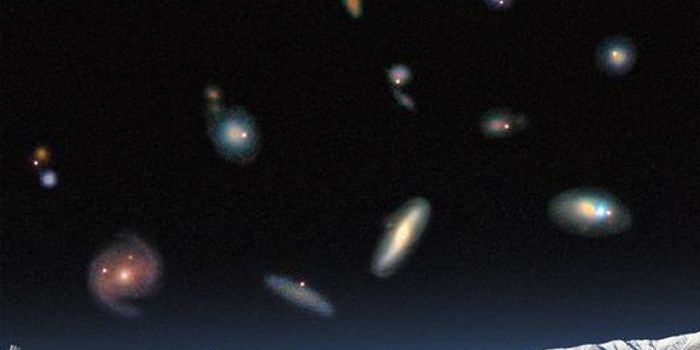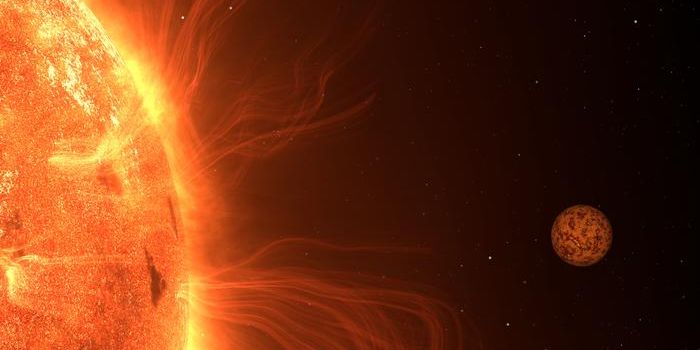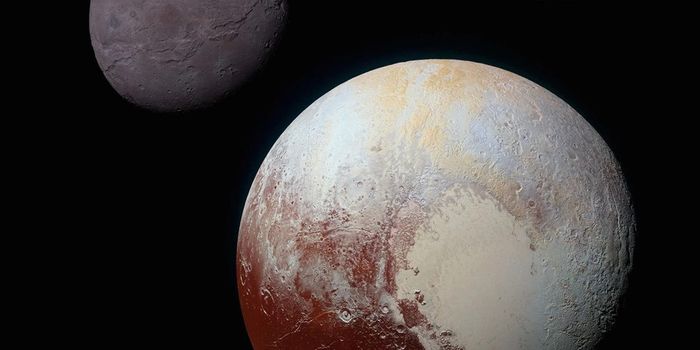Settling the Debate Over the Age of the Universe
Astronomers have used powerful telescopes high in the Atacama desert to evaluate estimates of the age of the universe. The latest estimate is that our universe is about 13.77 billion years old, plus or minus about 40 million years. The findings, which were reported in the Journal of Cosmology and Astroparticle Physics, might finally settle a debate about how long the universe has existed.
This data brings estimates of the universe’s age from scientists at the National Science Foundation's Atacama Cosmology Telescope (ACT) into agreement with researchers from the Planck satellite, which is operated by the European Space Agency.
The Planck satellite team spent 2009 to 2013 collecting data on the leftovers from the Big Bang, and this work was also conducted by analyzing the same light viewed by the ACT. Something called cosmic microwave background is from about 380,000 years after the birth of the universe. It’s from a time when protons and electrons first came together to generate atoms. The cosmos was opaque before this period.
A 2019 study that used the movement of galaxies to estimate the age of the universe had suggested that it was actually hundreds of millions of years younger than the Planck team predicted. This research suggests that the Planck measurements are actually the right ones, now that these ACT findings confirmed them.
"Now we've come up with an answer where Planck and ACT agree," said study author Simone Aiola, a researcher at the Flatiron Institute's Center for Computational Astrophysics. "It speaks to the fact that these difficult measurements are reliable."
Knowing how old the universe is can help us learn more about how fast it’s expanding, a measurement that is represented by the Hubble constant. The Planck team has estimated that the Hubble constant is 67.4 kilometers per second per megaparsec, while the ACT team suggested that it’s 67.6 kilometers per second per megaparsec. This means that an object around 3.26 million light-years from Earth, or 1 megaparsec, is moving away from us at about 67 kilometers per second since that’s how fast the universe is expanding. Galaxy movement measurements have suggested that the Hubble constant could be as high as 74 kilometers per second per megaparsec.
Sources: AAAS/Eurekalert! via Cornell University, Journal of Cosmology and Astroparticle Physics









